As a film about films, obviously one of the most prominent ideas was the role of film and how it's changed. In the movie, film is first depicted as a huge event, a luxury shared by all the townsfolk. It's also a place where things happen, where some parts of their lives are changed, like the guy who found love for example.
xeno [n.] the smallest measurable unit of human connection, typically exchanged between passing strangers- a flirtatious glance, sympathetic nod, a shared laugh about some odd coincidence- moments that are fleeting and random but still contain powerful emotional nutrients that can alleviate the symptom of feeling alone -the dictionary of obscure sorrows
I know it's not a real word ish, but i love it and that's what makes it real, check it out some time it's really cool. And it embodies my feelings about this part of the movie (as it does with life in general) really well, to me at least. Anyway, back to the analysis. With the whole internet streaming and DVDs and etc., it's kinda hard to think that at some point, film was actually this big. That people would actually go to the point to get their boats just to watch a movie. It seems tedious, but a lot more magical, and a lot more of a shared moment. In the movie, film is the one unifying thing where people who disagree, people of different classes and etc. congregate to one spot to celebrate the same thing. Thinking about it in relation to my own life.. Film is more like a perfunctory form of comfort, I mean yes, I love movies, the escapism and emotions etc. Compared to then though, a lot of the meaning is quite nonexistant.
Overall, I really liked how Tornatore depicted the role of cinema. He depicts not only love and progress but also class differences and religion within the cinema. The class difference is clearly shown by the levels at which the people are seated (quite literally), the top level for the higher class while the bottom for the lower. One character sits on the top tier and just spits on those at the bottom (VERY LITERALLY). This is first met with moans of disagreement and later, as cinema changes, so do the people, and he is greeted with something nasty to the face.
The cinema played a huge role in changing the society,most apparent, when the cinema is bought over and censoring ceases. It was exaggerated (i hope haha) but there was a lot of masturbating and lets not forget the two people having sex. Oh, and the prostitute.
As for religion, the embodiment of religion in the form of the priest was very interesting. In a way, it felt as though Tornatore was mocking religion a little as the priest is this comical bumbling character who is easily duped and etc. I guess in a way this showed how little religion meant to Toto in the film.. like there are other things that are important, not just one's religion. When the priest arrives too late to say goodbye, it's as though religion didn't matter that much to Toto and he was okay leaving it. I could be wrong though. But this brings me to that scene as a whole. From that alone, it's very apparent who's important to Toto, not his family (although to a certain degree, of course) but Alfredo. It was the longest and most heartwarming. It's sad that his relationship with his mother and sister is almost nil though.
In a way, Alfredo was living vicariously through Toto, keeping track of his successes and etc. Giving him advice... in relation to Erikson's stages, Alfredo is no doubt depicted in both the final two, Generativity vs Stagnation and Ego Integrity vs Despair. He nurtures Toto, making his life better (especially when his somewhat abusive mother comes into view), giving him advice to "make sure" Toto lives a better life than he did. Based on the theory, it's possible that he did this because he needed to achieve feelings of usefulness and meaning in his life, to leave a mark. Keeping all Toto's achievements and etc. on the other hand is evidence of the latter stage, where it is important to feel a sense of fulfillment and wisdom. I feel the film depicted these stages quite well actually, very accurate.
About the advice Alfredo gives Toto, the whole not looking back and etc. It's well-meaning , but a little off. I feel the director wants to highlight this. For instance, the quote about the thread breaking. At the end of the movie, it's only partially true. Some things change, some don't. This is shown quite literally when Toto's mother stops knitting and greets him . Her knitting unravels, the thread follows her but it never breaks. Not everything changes, the past should not be completely forgotten. Maybe Alfredo realises this and that's why he splices the scenes together and presents it to Toto at his death. Not only a promise, but also a realisation that while one must move forwards, it is important not to forget the past as well. I read something somewhere "the present only makes sense when looked through eyes of the past".
Toto and Alfredo, I feel, were the human manifestations of cinema (sounds really ridiculous as I'm typing this). Toto, obviously, the new cinema (OH! MAYBE THAT'S WHY IT'S TITLED NUOVO CINEMA PARADISO. IT'S BECAUSE IT'S ABOUT NEW CINEMA AKA TOTO. OH THAT WOULD BE COOL. sorry, sudden eureka! moment :B) learns everything and adapts what he's learnt from Alfredo (old cinema). I'm going to stick by this idea, IT'S SO OBVIOUS NOW. I mean, come on, the cinema is demolished right at Alfredo's death. It's really beautiful, even thinking about it this way, both form of cinema's act and learn from each other.
One of the sad parts of this was the fact that with all Alfredo's guiding and etc. Toto still doesn't really have a very satisfied life. He has all the material things, but as Dr Goh said, his life is somewhat empty, lacking in love and losing meaning? That may be taking it a little far though. But that's how it sort of is with change and such, especially modernisation (Eat, Drink, Man, Woman/Dances With Wolves). As time passes, people become inherently more demanding and also unhappy with the new lifestyle. Although everyone starts out yearning for a more sophisticated way of life (which ironically is what the movies brought) they begin to feel less satisfied and crave for simpler times, looking for harmony and deeper meaning.
- this part. gosh.
When we first see Toto in the city, the atmosphere is a little bleak, like he's lost some of this meaning in life. He had followed Alfredo's advice to the T, went off, did what he loved and never looked back. He was successful, something that probably might have eluded him if he had stayed (we are affirmed when Toto looks at all the faces of the patrons of the cinema, who have aged but remained more or less the same). That's probably true, but he also missed out on solid relationships and love.. But upon setting foot back in his village, watching the roll of spliced together scenes of individuals embracing (all the censored parts of film he has been promised), it's become clear for him again. His passion, love, and his meaning in life. That was really beautiful, and a perfect scene really. To me the director is trying to say that different things are important to different people and that human connection and success are serious commitments that require sacrifices, but also that each are no less than the other.
To me, the film overall is simply "ok" but there are so many notable instances in the films that on their own evoke a lot of emotion. I've mentioned most of my favourites already but there's one more.
 Alfredo showing Toto "magic"(using a mirror), how the director showed this part was simply magical. Letting the camera follow the path of the projection until it ended up on the wall of a building far away. I loved that. On the topic of change, another interesting thing is how romance and gender roles have changed since then. Back then, the role of women was a lot closer to nice things to be procured (this is putting it crudely), the main part of their lives consisting of mainly effort directed to pleasing men. This is quite annoyingly obvious in the film where almost all female characters are supplementary. They're just there to move the story along, defined by their relationship to the men in the film (but I do realise it's period accurate so...). Back to the point, it's really quite amazing how things have changed, like the gender roles, equality and whatnot. But to me, the most intriguing part is how romance has changed.
Alfredo showing Toto "magic"(using a mirror), how the director showed this part was simply magical. Letting the camera follow the path of the projection until it ended up on the wall of a building far away. I loved that. On the topic of change, another interesting thing is how romance and gender roles have changed since then. Back then, the role of women was a lot closer to nice things to be procured (this is putting it crudely), the main part of their lives consisting of mainly effort directed to pleasing men. This is quite annoyingly obvious in the film where almost all female characters are supplementary. They're just there to move the story along, defined by their relationship to the men in the film (but I do realise it's period accurate so...). Back to the point, it's really quite amazing how things have changed, like the gender roles, equality and whatnot. But to me, the most intriguing part is how romance has changed.
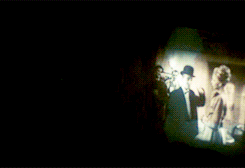
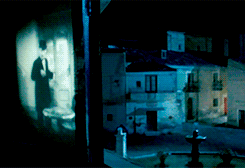 Alfredo showing Toto "magic"(using a mirror), how the director showed this part was simply magical. Letting the camera follow the path of the projection until it ended up on the wall of a building far away. I loved that. On the topic of change, another interesting thing is how romance and gender roles have changed since then. Back then, the role of women was a lot closer to nice things to be procured (this is putting it crudely), the main part of their lives consisting of mainly effort directed to pleasing men. This is quite annoyingly obvious in the film where almost all female characters are supplementary. They're just there to move the story along, defined by their relationship to the men in the film (but I do realise it's period accurate so...). Back to the point, it's really quite amazing how things have changed, like the gender roles, equality and whatnot. But to me, the most intriguing part is how romance has changed.
Alfredo showing Toto "magic"(using a mirror), how the director showed this part was simply magical. Letting the camera follow the path of the projection until it ended up on the wall of a building far away. I loved that. On the topic of change, another interesting thing is how romance and gender roles have changed since then. Back then, the role of women was a lot closer to nice things to be procured (this is putting it crudely), the main part of their lives consisting of mainly effort directed to pleasing men. This is quite annoyingly obvious in the film where almost all female characters are supplementary. They're just there to move the story along, defined by their relationship to the men in the film (but I do realise it's period accurate so...). Back to the point, it's really quite amazing how things have changed, like the gender roles, equality and whatnot. But to me, the most intriguing part is how romance has changed.- It's very stereotypically romantic and all, but at this point,they had barely interacted and knew almost nothing about each other, which makes it seem purely based on superficial attraction (at least it seemed like it). In movies it's sort of different because the characters in this case are "meant for each other", but in real life?
On the romance side, i think i actually blame the internet and media in general, a little bit. Hear me out. Because of all the readily available information and etc, we become more aware of things and in a way much more self-conscious and question everything we do. This is good i guess, because it does mean we're taking a lot more into consideration. But in a way, it makes it harder, and I kind of feel for guys a little bit. A lot of us are very guarded nowadays, we fear being hurt or hurting others. I would describe the current trend as anxious-avoidant. Also, a lot of romantic lines (usually about attractiveness) have now been dubbed creepy. From one point, it makes it seem as though its solely based on looks which sounds horrible, but from another point, it's a way to get closer and to find out more about a person. Because the first thing we may see about a person, is actually their looks. Still, brings about a lot of awkward uncomfortableness and etc. During romantic parts in films in general, the ones we've watched in class (there happen to be quite a lot), my friend would always groan and cover her eyes and express distaste for it. It's all very strange. She's done that for literally every single romantic gesture in all the films we've watched. Wish I could explain it better, but I hope you sort of get what I mean.
 |
| this was by far, my favourite |
Also, gosh, the soundtrack! It's so amazing watching all this films and realising these were the origins of the music scores I listened to. Music plays such a huge role in evoking and tying emotions to the film honestly. And maybe it was just me, but I do think part of the nostalgia I felt from the film was mainly because of the soundtrack. - Melodramatic music like this actually has been found to increase likability of characters and also confidence in the character's thoughts. In a way, this sounds very manipulative, the idea that we may think a film is good or like a certain character just because of the influence of the soundtrack. hmmm, food for thought - My mom, an avid fan of Josh Groban (I swear, she would marry him if she could) always played his cover of the main theme of the movie (the opera sing-y versions of course). Like before with Chariots of Fire, I never realised these songs actually came from movies. It's really cool witnessing it in its origins, the contexts they were meant for.
I think I was most taken by the young Toto's (Salvatore Cascio) parts. His acting was so loveable and felt quite real. I did not really like the middle part of the movie. The romance parts somehow totally evaded me, so cheesy and just made me shiver, which brings me again to the perplexing thought of how perspectives on romance have changed (at least for me?.. or collectivistic conservative cultures). I watched a short film by WongFu recently on youtube (they're really good, I'm sure you know) about how grand romantic gestures and stalking are basically the same thing, the only thing setting them apart: attraction. Seems kind of sad really. Such a fitting ending to the screenings in film class, a film about films. And now, our own screenings yikes! It's childish and I am aware that "Fine" is the Italian version of "Fin" and "The End", but it's still hilarious when it pops up on screen. It's as though the screen is mad at all of us and just wants to end the conversation with one final word of disapproval
"FINE".
now, some images of the film that have been recoloured. Just because they are very much visually pleasing. Recolouring and colour grading seems so magical to me honestly, it completely changes the tone of the film (i use the word completely in a very lightly here). It's incredible, like some sort of art form. it has to be. I will learn how to do this one day.

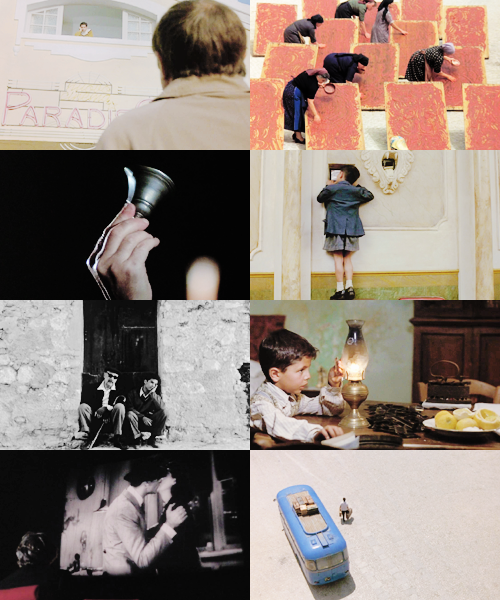
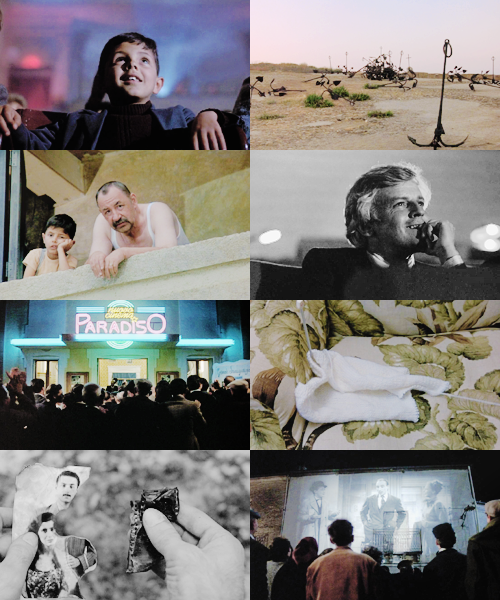
I'm sorry it got so long. I got very carried away. :I
Anyway, thanks for everything guys :) you guys have been super helpful and everything and really fun to work with, learn from etc. :) Had an awesome time. Hope you guys did too.

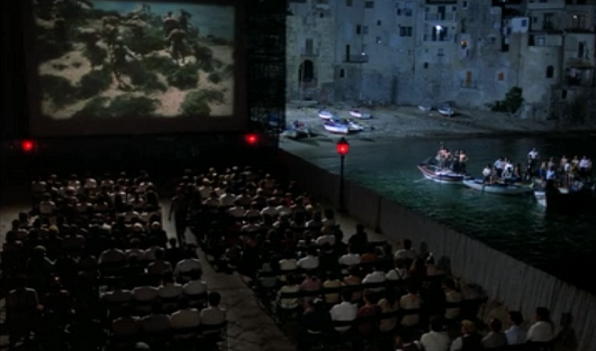

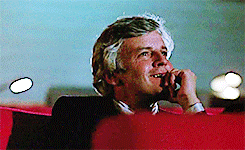
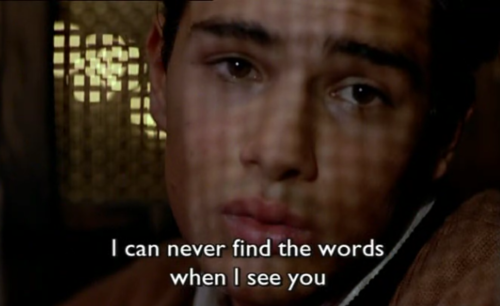
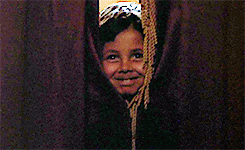


.JPG)

.jpg)


0 comments:
Post a Comment